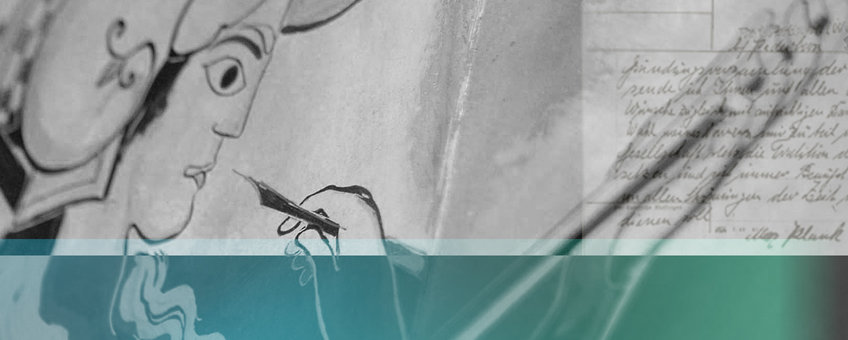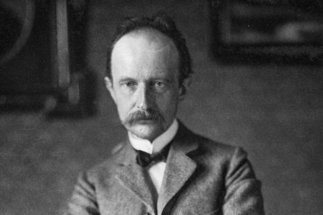Our history
The Max Planck Society was founded February 26, 1948 in Göttingen as successor organisation of the Kaiser Wilhelm Society
From its predecessor, the MPG took over the mandate to foster basic research in its own Institutes as well as elementary principles and structures of research funding. The Kaiser Wilhelm Society (KWG) was founded in 1911 and quickly established itself nationally and internationally thanks to its outstanding scientific achievements. After the Nazis came into power, the KWG leadership and many of its scientists became willing supporters of the regime. As a result, the Allies, after the end of WWII, urged that the KWG should be dissolved. In 1948, a new start became possible with the internationally renowned and Nobel Prize Laureate for Physics, Max Planck, who was regarded as an outstanding scientist internationally and whose reputation was untarnished by the war. The MPG evolved into one of the mainstays of the science landscape of the Federal Republic of Germany, which was founded in 1949. After German reunification, numerous institutes were opened in eastern Germany.
In 2023 the Max Planck Society will celebrate its 75th anniversary. Within this context, various events will be held.
[more]
Major milestones and key events in the history of the Max Planck Society from 1945 until the present day.
[more]
The history of the Kaiser Wilhelm Society began January 11th, 1911. This timeline outlines the events, milestones and turning points in the history of the Kaiser Wilhelm Society up from the founding idea from 1909 through to 1945.
[more]
In 1997, the Max Planck Society appointed a committee of independent historians to comprehensively address the history of its predecessor organization, the Kaiser Wilhelm Society (KWS), in the National Socialist era. The project was completed in 2007: 17 volumes of research and 28 preprints now attest to the part played in the NS state by scientists and research managers at the Kaiser Wilhelm Institutes (KWIs) and KWS administrative headquarters.
[more]
On 19
th October 1900, a revolution in physics begins unnoticed. On this day, Max Planck presents a new radiation law. It describes the energy distribution of thermal radiation. Later it becomes clear that this law is incompatible with classical physics. It requires a revolution in the understanding of radiation and energy: radiation consists of energy packets, the quanta.
[more]





